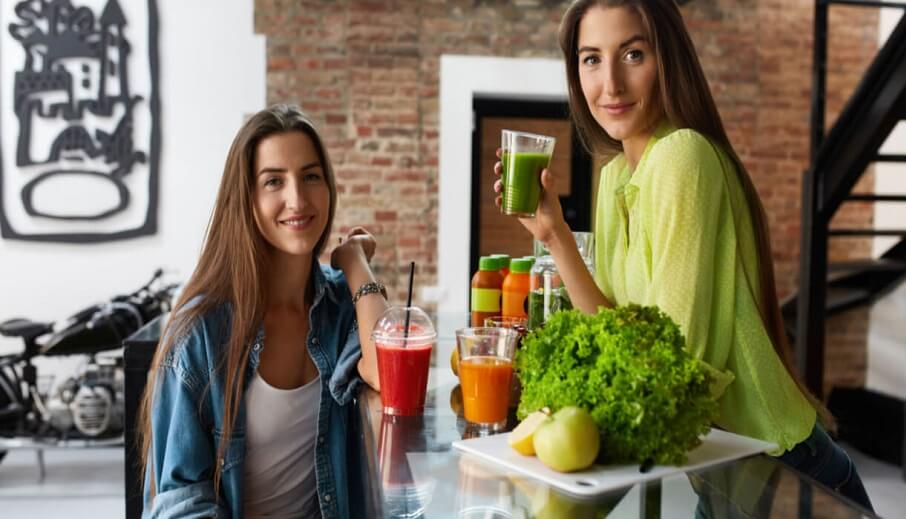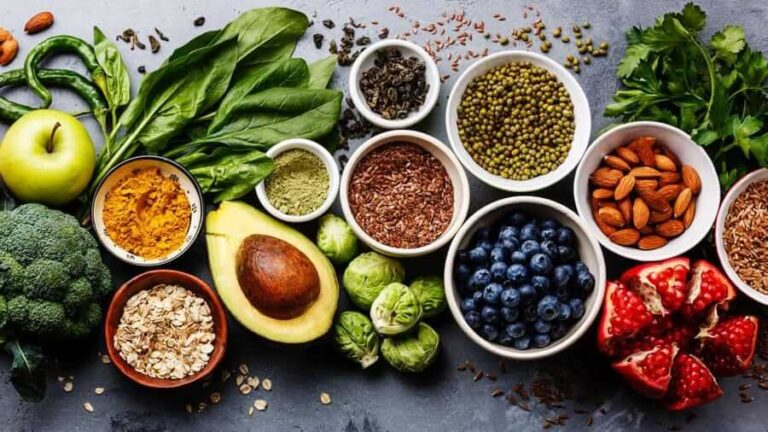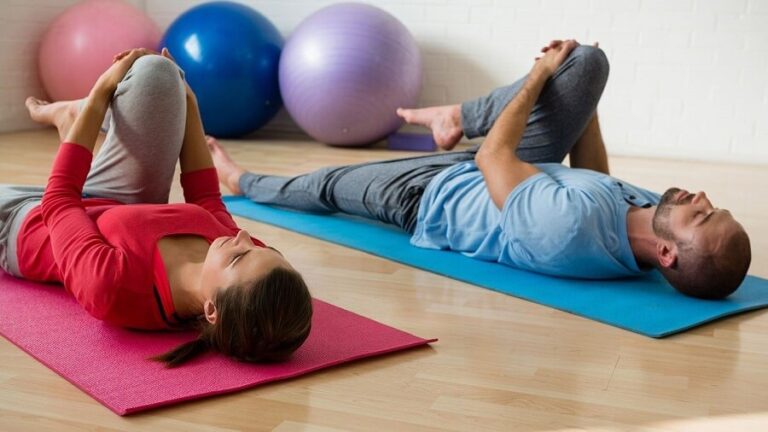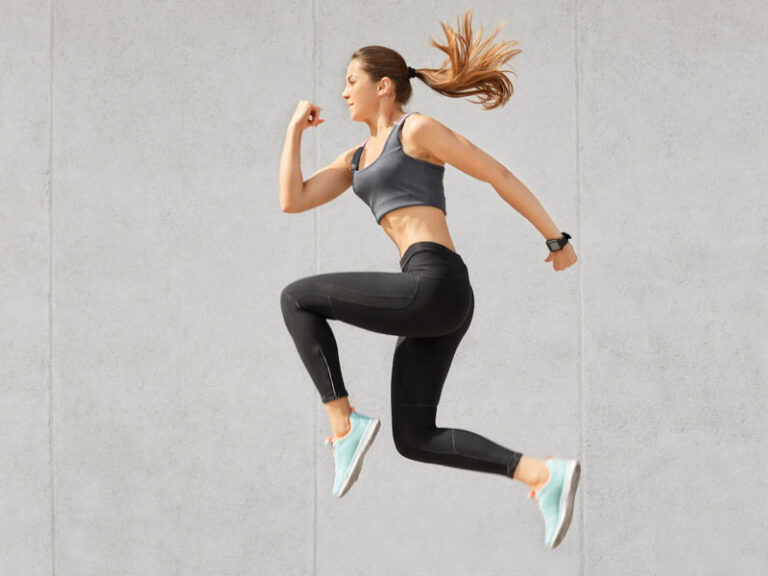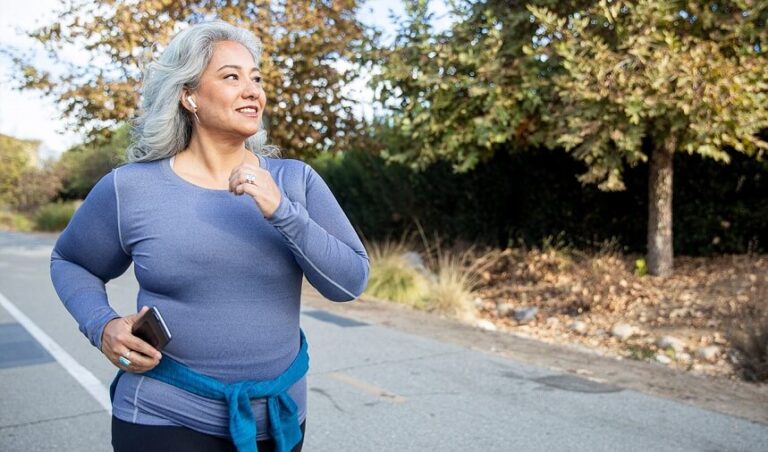Alcohol and metabolism
The relationship between alcohol and metabolism has generated controversy in science and medicine. Some believe that alcohol consumption may be one of the most common causes of weight gain. On the contrary, some people drink large amounts of alcohol and do not gain weight. Is alcohol capable of changing the basal metabolic rate? Is it capable of accelerating the metabolism?
The main difference between alcohol and macronutrients is that alcohol provides empty calories, and the fact that the body prefers to expend the calories from alcohol in the first place. This is a metabolic strategy to cleanse alcohol from the body.
In short, alcohol provides energy but not nutrients. At the same time, drinking alcohol increases your appetite and the desire to eat fatty foods. This is an order that the brain gives to metabolize alcohol better. Alcohol is soluble in fat, so this type of food will help to eliminate it.
The effects of alcohol on body weight
Research suggests that drinking even small doses of alcohol cause changes in body fat metabolism. For example, after a glass of vodka, the metabolic processes of fat burning are interrupted in up to 6-9 hours (1). In other words, the effects of alcohol on body weight are usually increasing.
Alcoholic beverages do a triple hit to metabolism – the body gets extra calories from alcohol. The feeling of hunger increases: most of us have experienced the craving for junk food under the influence of alcohol—finally, the next day, the sense of “criticality” in food choices changes. In summary, regular consumption of alcohol especially combined with sugar, is a direct way to increase fat stores.
On the other hand, people addicted to alcohol may experience a loss of body weight. This is explained because they lose the feeling of hunger. The continuous intake of calories from alcohol increases an emotional imbalance, losing interest in food. Of course, the result is not only the loss of body weight but severe disorders in the liver, such as the well-known cirrhosis.
The effects of alcohol on the brain
Alcohol slows down thought processes and motor functions. In the first instance, an increase in dopamine synthesis, one of the hormones related to pleasure, is generated. At this point, the person begins to feel relaxed and pleasantly light.
Unfortunately, this is the exact opposite of what happens to your metabolism when alcohol levels drop. At this time, the neurons experience stress, and many dies.
How many calories does alcohol provide?
One gram of pure alcohol provides 7 kilocalories. Remember that in a gram of protein or carbohydrates, they provide four kCal and a gram of fat 9. In addition, in most alcoholic beverages, the additional calories from sugar must be considered. For example, sweet champagne, almost all drinks, and liqueurs contain 10-20 g of sugar per 100 mL. In the case of beer, the value is about 3-5 grams.
Although knowing exactly how much energy a drink brings is not an easy task. As a general rule, it can be said that the more alcohol and sugar, the more caloric intake. Beer and wine are two alcoholic beverages with the lowest calorie intake.
Alcohol after training What happens?
Drinking small doses of alcohol (for example, a glass of wine or beer) after training does not significantly affect muscle recovery processes. However, an excess of alcohol in the next 12 hours after exercise; is harmful to muscle growth.
It is essential to remember that the body enters a metabolic state of recovery after training. In a situation where the metabolism is disturbed by the toxic effects of alcohol, the body can enter the catabolic state of muscle breakdown.
The effects of alcohol on muscle recovery
Alcohol hurts muscle recovery. This is explained due to an interference in the amino acid synthesis processes in the body. (2) The body begins to invest resources in eliminating alcohol, leaving behind the muscle recovery processes.
As if that weren’t enough, the action of alcohol inhibits the production of testosterone and growth hormone. In addition, the next day, an increase in the stress hormone occurred; cortisol. High levels of this hormone are counterproductive for muscle growth. As well as in fat loss and even sexual potency in men (2). Lastly, alcohol causes dehydration. Which indirectly affects muscle nutrition since these are around 75% water.
Drinking alcohol on a diet to lose weight
Alcohol and weight-loss diets are not friends. The effects of alcohol can be compared to that of simple carbohydrates (sugar, honey, etc.) in the body. In the presence of ethanol in the blood, the body tries to store excess energy in the form of fat as soon as possible. Logically, the fat-burning processes are blocked (3).
Added to the fact that alcohol is generally consumed at social events, with unlimited food availability, weight loss is disastrous. Control mechanisms are lost, and several thousand calories will likely be ingested in a few hours. Although a few more drinks once in a while is not a severe problem, a diet to lose weight and drinking alcohol do not go hand in hand.
ABSTRACT
- The effects of alcohol on the metabolism begin with a blockage of the fat loss processes to dysregulation of hormones related to muscle growth.
- It is not news that alcohol consumption leads to changes in body weight. If alcohol consumption is social, it is likely to lead to an increase in body weight. This is explained by an increase in appetite during the effects of alcohol and an increase in total calories.
- When there is a dependence on alcohol, a loss of body weight is likely to occur. This is explained by a loss of interest in food, being the alcohol the main contribution of calories in the day.
- Alcohol provides 7 Kcal per gram. To eliminate alcohol, the body needs at least 12 hours to metabolize it.
- Alcohol after training is not recommended. At the same time, a glass of wine or a mug of beer is not capable of causing significant changes in muscle recovery mechanisms. An excess of alcohol is.
- Drinking alcohol on a weight loss diet is pointless. If you are going to attend social events, We recommend having a glass of wine or beer.

